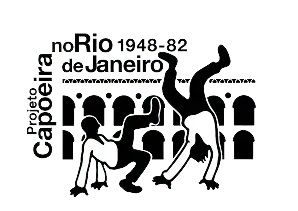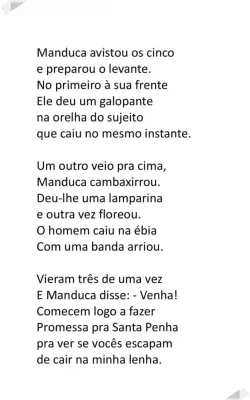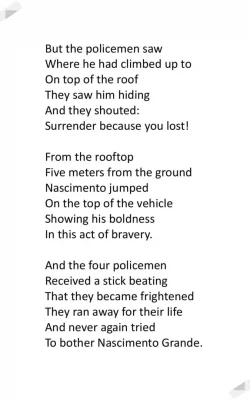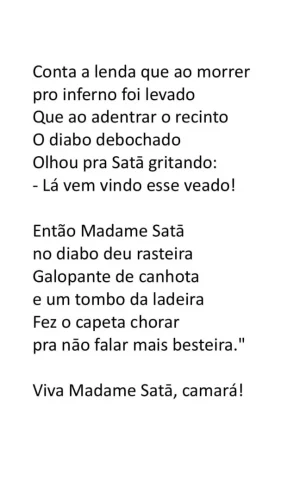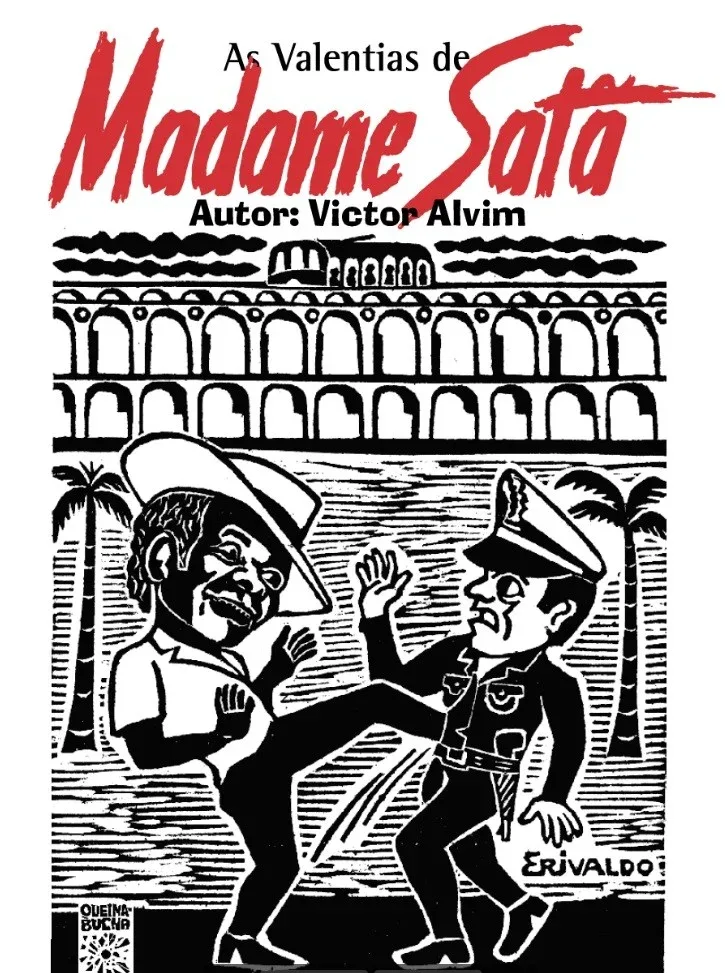By Lobisomem (Victor Alvim Itahim Garcia).
Born and raised in Rio de Janeiro, I only had contact with cordel literature, whose birthplace is the Northeast region of Brazil, after I was 18. At that age, I started to learn capoeira, and as a consequence, my interest in everything linked to Brazilian popular culture increased. In books about folklore, in thrift stores, in libraries (especially the Edison Carneiro Museum in Rio de Janeiro) I discovered cordel and became a reader and buyer of cordel pamphlets.
Years later, I instinctively wrote down some stanzas in a notebook in homage to my teacher, Mestre Camisa, who was about to turn 50. I had no intention of publishing them but was encouraged by J. Victor and Gonçalo Ferreira da Silva (cordel poet, founder and president of the Brazilian Academy of Cordel Literature) to do so. With a launch party of my first cordel at the São Cristovão Fair, a stronghold of cordel and northeastern culture in Rio, I also received support from Mestre Azulāo, Marabá, Gilberto Teixeira, Erivaldo Ferreira, Miguel Bezerra, Duda Viana, Zé Duda and other local artists.
After venturing to write and publish this first pamphlet, what inspired me to continue and set out for the second cordel poem, were the stories of Besouro Mangangá. In these narratives I knew, I saw striking similarities with what I read in cordéis about Lampiāo and other cangaceiros (Brazilian bandits): a “closed” body, clashes with police officers, spectacular and mysterious escapes, justice against the cowardice of colonels (big landowners) over rural workers and others.
What is cordel literature?
Writing about Madame Satã was already in my plans for some years and the partnership with Matthias and the Capoeira History project made me stop postponing this desire and make it come true in 2019. In my view, Madame Satā is from the same lineage of valour, bravery, audacity and rascality as Besouro, Manduca da Praia and Nascimento Grande. With the difference that he lived at a time closer to our present and that his stories, although legendary, were much more recorded and documented, including the 27 years that he spent in jail on account of them. And it seems that even after his death, he didn’t give up his bravery and still doesn’t allow any disrespect:
